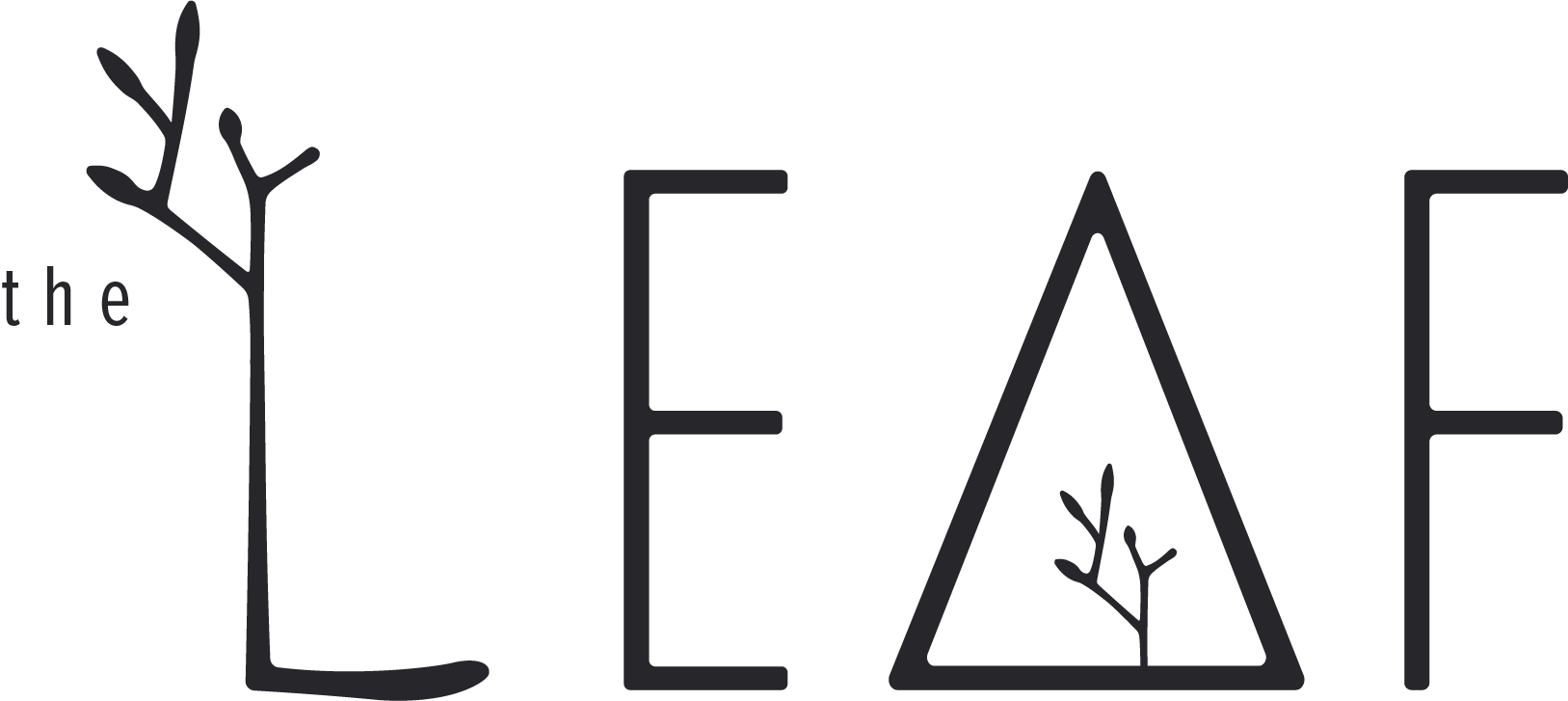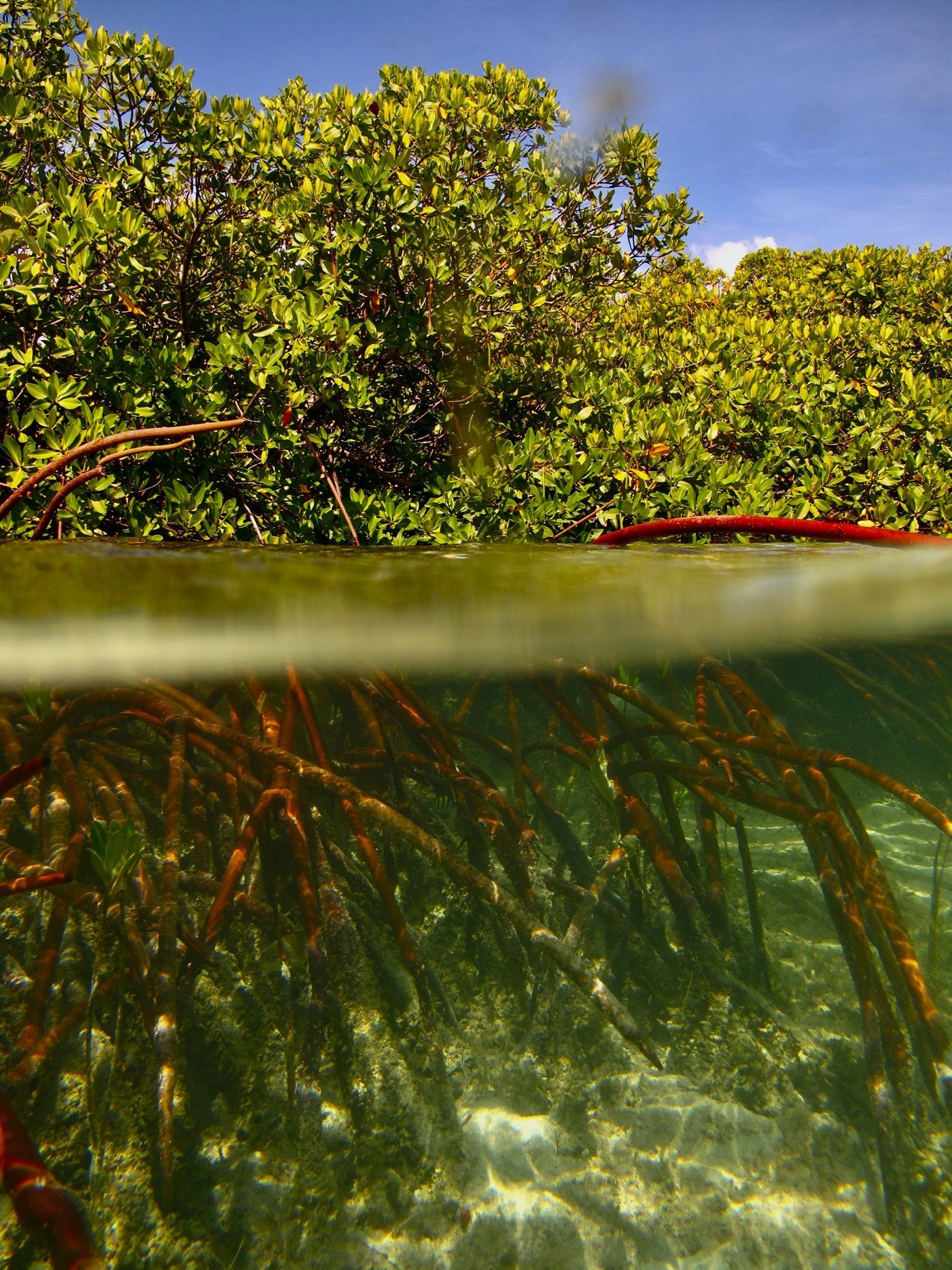Benefits of Mangroves – Animal habitat
As mentioned in the previous blog, mangroves come in many shapes and sizes and they are amazing carbon sinks. But, that is not all. They also serve as critical habitat for many different aquatic species, and particularly juvenile animals.
There are several characteristics of mangroves that make them ideal for these fauna. The first is food. Within a mangrove system, wave action and tidal currents are reduced due to the extensive root systems. As a result, bacteria, algae, as well as mangrove detritus are able build up, which serve as a food resource for many different animals, including fish, crustaceans and molluscs. These root systems also serve as protection for juveniles. The root systems of mangroves act as a sort of filter that prevents access to many larger predators. Studies have documented juvenile lemon sharks actively using mangrove systems in order to avoid large predators such as barracuda and larger sharks. In addition, to the extensive root structure, the canopies of mangroves mean that water temperatures remain more stable within mangrove systems. Young fish in particular tend to be very sensitive to temperature changes and can experience immune shock if exposed to large temperature shifts. More stable temperatures within mangroves, mean that its residents experience less stress which means they can focus on growing. Lastly, we must not forget that as carbon sinks, mangroves also as serve as oxygen rich regions. Oxygen rich environments are essential for growth and production, which lends a helping hand to growing youngsters. All of these characteristics mean that mangroves are the ideal habitat for growing marine organisms.
In fact, according to the IUCN, mangroves are so good at serving as animal habitat, it is estimated that each hectare of mangrove is worth about $37,500 (£28,300) in economic fisheries value. This is not only because nursery habitat provides the building blocks for many commercially important fishery species, but also because many other species, that make their start in mangroves, are ecologically important for coral reef systems, and act as important trophic food resources for marine predators.
At LEAF we are working toward creating a better habitat for juvenile aquatic organisms, but also a better habitat for our future children. It is clear that mangroves provide the world with monetary benefits but they also make our world healthier and support an ecosystem that is vital for our oceans to remain as a productive food source. Through working together with coastal communities we aim to help tackle climate change but also help create opportunities to work toward actions that support future generations. Check out our latest mangrove planting campaign to find out more.



